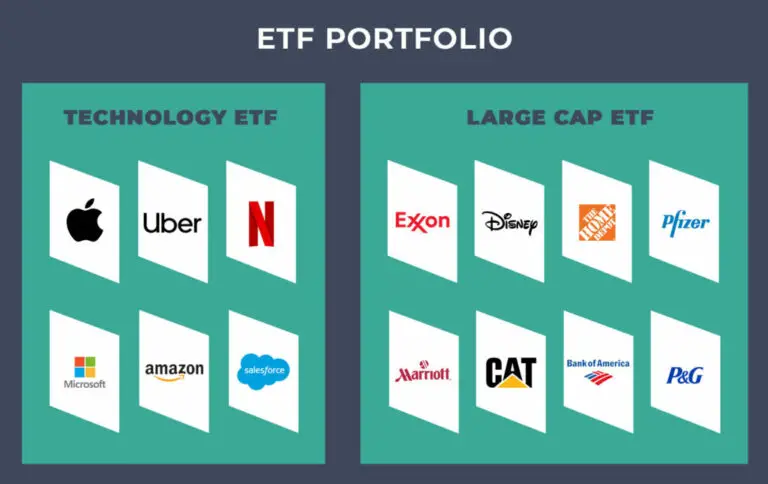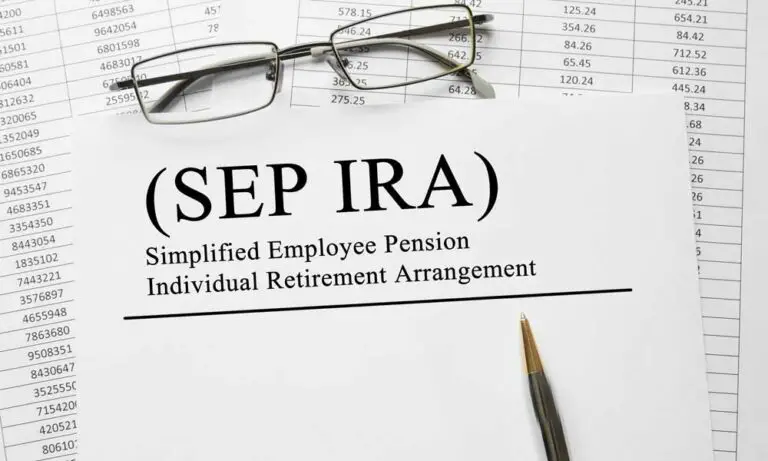What Are Bonds And How Do They Work?
Table of Contents
What Are Bonds?
Bonds are a type of investment that is similar to stock in that they are a “loan” to a company or government that pays one back at a specific interest rate. Like a stock, money invested in bonds can be used to fund the operations of whoever offers the bond.
Bonds are typically considered a “safe” investment because the price of the bonds you buy don’t change over time and pay out a “fixed interest” rate regardless of whatever is going on in the economy at large. Unlike stocks that can fluctuate in terms of share price after you buy them, you can lose money if sold for a loss, and stocks that pay dividends can choose to cut the amount, they will pay and even stop paying a dividend entirely in tough economic times.

What are the different types of bonds?
There are actually several different types of bonds that you can buy that offer different advantages and trade-offs. The different types of bonds that you can invest in include:
- US Treasury Bonds
- Corporate bonds
- Municipal bonds
What are US Treasury bonds?
US Treasury bonds are the safest type of bond since the federal government backs them. One downside to them is that they offer noticeably low-interest rates.
What are corporate bonds?
Corporate bonds are typically issued when a company needs to raise money. Unlike with regular stocks, investing in corporate bonds doesn’t give someone partial ownership of a company. There are corporate bonds that offer higher yields, like junk bonds, and those that offer safer, but lower yields which are called “investment-grade” bonds.
What are municipal bonds?
Municipal bonds are a type of bond that is typically offered by federal, state, and even local governments. They can be short or long-term bonds. Investing in municipal bonds offers a few benefits. All municipal bonds offer dividends that are exempt from federal taxes. Depending on if the bond was issued by the state or county you live in, they could also be exempt from state and local taxes.
What are the pros of investing in bonds?
Some of the pros that you can get when investing in bonds include:
- They’re a relatively safe investment.
- They’re safe investments because they pay a fixed amount of interest unlike stocks and you get the principal back when the bond “matures”.
What are the cons of investing in bonds?
Although bonds are typically safer investments than stocks, they still have some disadvantages that include:
- They have lower returns when compared to stocks. Government bonds have typically offered a roughly 5% average yearly return, while stocks offer closer to a 10% average yearly return. When factoring in inflation, this would likely decrease someone’s purchasing power over time.
- While government-issued bonds are pretty safe, corporate bonds and especially junk bonds. The bond issuer may not be able to pay the investor the interest and/or principal they owe on time, which is called default risk.
What are some characteristics of bonds?
- Face value is the money amount the bond will be worth at maturity; it is also the reference amount the bond issuer uses when calculating interest payments.
- The coupon rate is the rate of interest the bond issuer will pay on the face value of the bond, expressed as a percentage.
- Coupon dates are the dates on which the bond issuer will make interest payments. Payments can be made at any interval, but the standard is semiannual payments.
- The maturity date is the date on which the bond will mature and the bond issuer will pay the bondholder the face value of the bond.
- The issue price is the price at which the bond issuer originally sells the bonds.
Disclaimer: I am not any sort of investment or financial professional giving any sort of legal advice. I’m just some guy trying to teach other people about how they might navigate the financial world.
Note: This page contains affiliate links that will, at no cost to you, earn me a commission. You are in no way obligated to click on the links!







